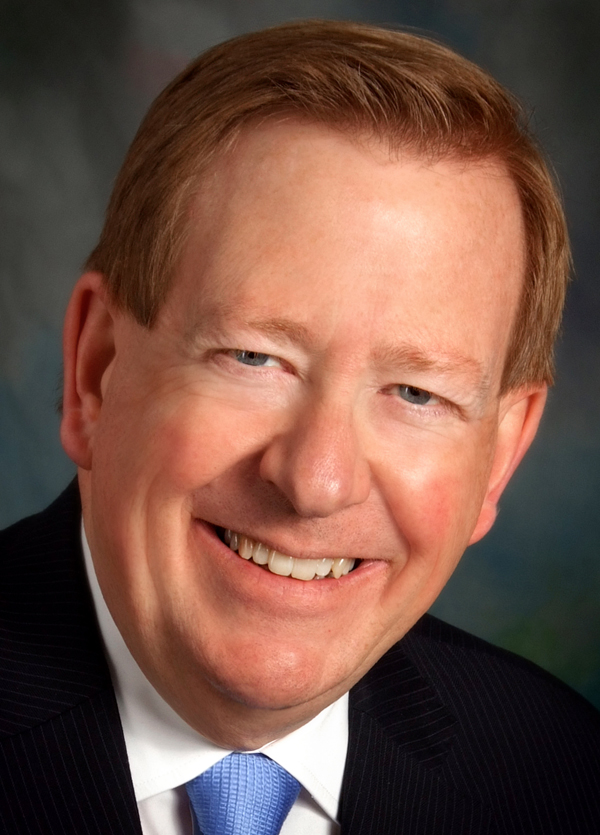The Carmel City Council is considering an ordinance that regulates how four new, three-way liquor licenses can be used in Carmel.
In March, Indiana lawmakers passed a provision to allow the Alcohol and Tobacco Commission to issue new permits for restaurants and bars to sell beer, wine and liquor by the glass in growing municipalities in Boone and Hamilton counties. The total number of active permits cannot exceed 24 and will cost $40,000 each for the communities of Whitestown, Lebanon, Zionsville, Westfield, Carmel and Fishers.
Carmel city officials are discussing a proposal to mandate that the four new permits in Carmel meet a variety of conditions:
- Permits would have to be for a business in one of the following four economic development areas: Carmel City Center, The Carmel Arts & Design District, Midtown or The Proscenium. Those final two areas are projects that have been approved by the council but have not yet begun construction.
- The businesses must be open a minimum of six days and 30 hours a week.
- Application for the permit shall contain the name of the business, its “theme,” type of dining, expected hours, typical food and beverage selections, description of applicant’s business experience, financial statements for the past five years and a statement on how the business would benefit the city and the area.
Carmel Mayor Jim Brainard would evaluate and consider the application and make a recommendation to the Carmel City Council for approval. This process is different from the current system that gives the state the authority to review and approve permits.
Carmel City Councilor Bruce Kimball said the council is still learning about the new process, but the goal is to protect small businesses who can’t always afford to buy three-way licenses on the open market. Currently, permits are bought and sold like commodities and their value can increase based on how many are available at a given time. It’s not uncommon for restaurateurs to pay more than six figures for a permit, which can be resold to another business.
“We want to make sure they are used in the right areas, and of course the small businesses are the key to a vibrant downtown,” Kimball said. “Not necessarily the chains, but the mom and pop businesses are really important to support.”
Brainard said he wants to assure people the goal is to promote small, unique establishments and not giant restaurant chains that can already afford to pay premium prices for permits.
“We have a lot of small businesses that can’t afford to buy a permit, and as a result, they can’t open,” he said.
Rick Sharp, former president of the Carmel City Council who lost his bid to unseat Brainard, said he questions whether this proposal interferes with free market principles. He said he doesn’t like government to choose winners and losers.
But Brainard sharply disagreed with that assessment, saying this will level the playing field for small businesses who often cannot buy permits under the current system.
“Right now, it’s not a free market,” he said. “If I were doing it, there wouldn’t be any limitations except by zoning at the local level. We have a system where it’s not a free-market system in Indiana. Distribution is approved and controlled by the state.”




